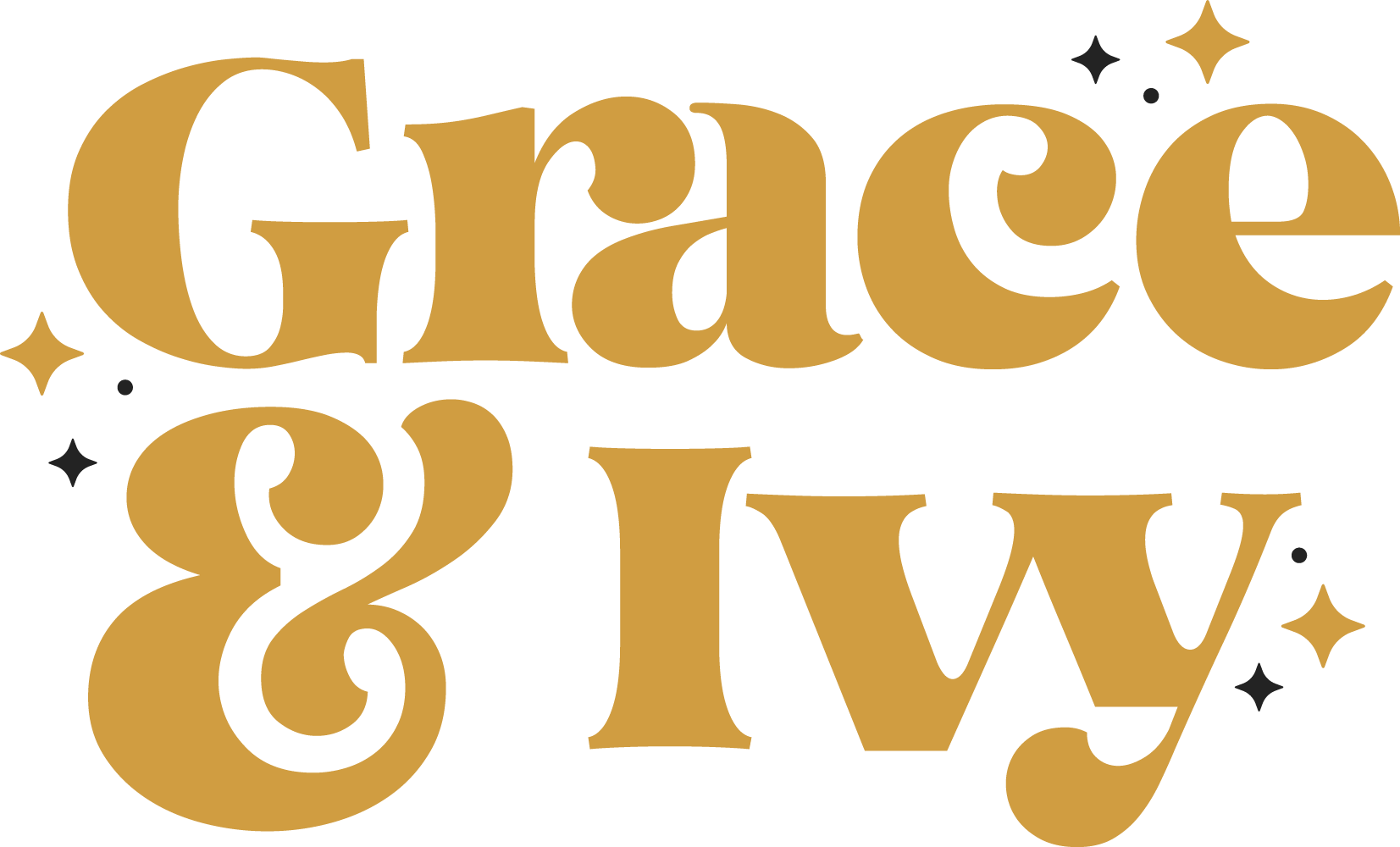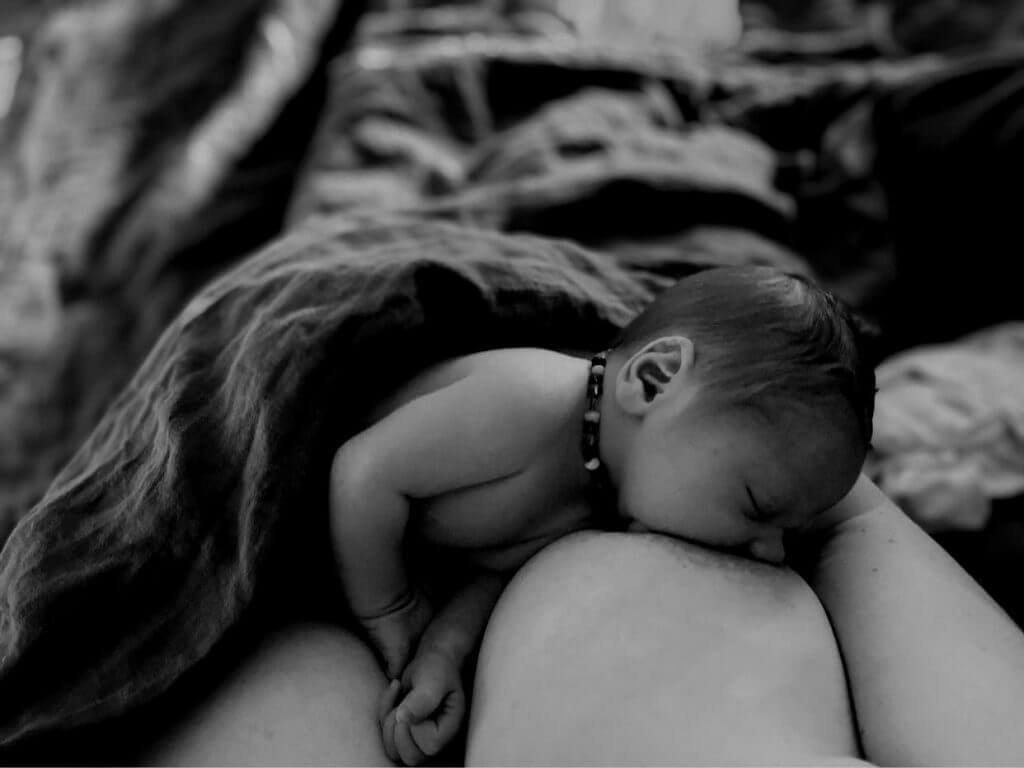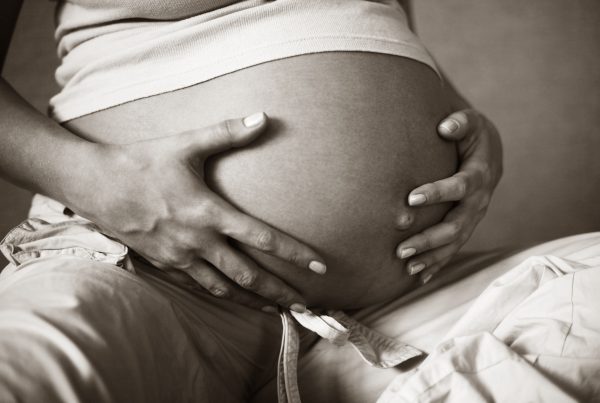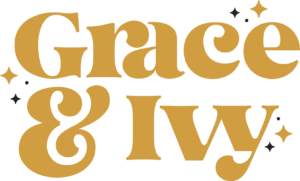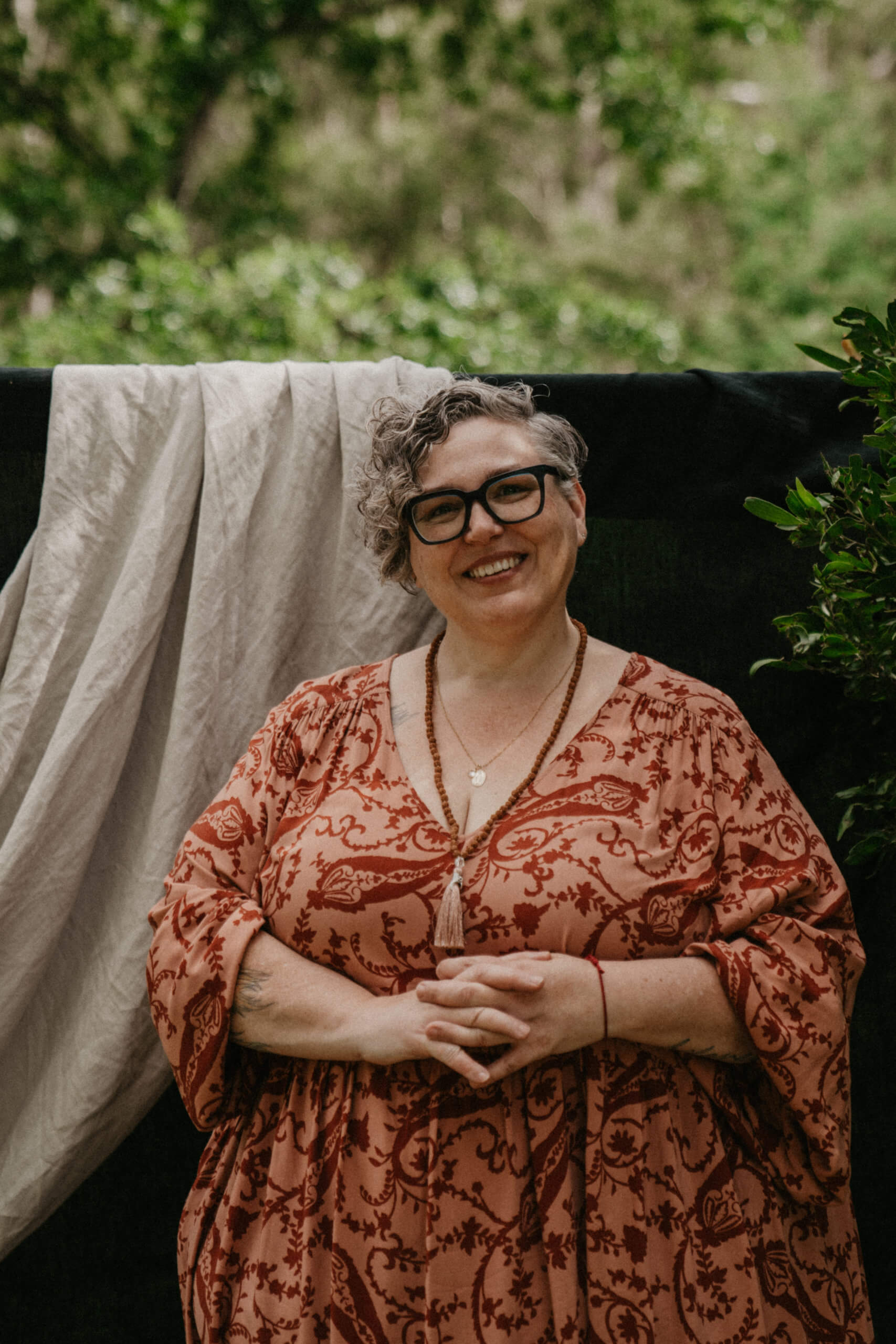People Don’t Breastfeed. Cultures Do!
Please bear with me as I think out loud about the statement…I am SO passionate about it, and here is why…
As a young person expecting their first baby, I was determined that I would breastfeed. Nothing felt more ‘right’ to me than feeding my baby the milk my body produced for that very purpose.
However, I wasn’t a breastfed baby and I didn’t have a village or community of breastfeeders around me at the time, so any information I had on breastfeeding I had gathered from books, and I quickly began to feel very alone without any support for my choices or decisions.
I was surprised to find that my close female circle were not at all supportive of my decision to use my body to feed my baby. They would feed me loads of misinformation about breastfeeding and formula feeding whenever they got the chance, in an effort to try to sway me to change my mind. They made remarks about it being disgusting to reveal your body to feed your baby, the inappropriateness of “flopping a tit out in public” and not understanding why anyone would turn themselves into a “jersey cow”. Not very supportive, at all.
So it shouldn’t be surprising that my breastfeeding journey only lasted 6 weeks!
I felt so uncomfortable feeding my baby around others (even my partner) that I would hide myself away whenever she needed a feed.
Living in a larger body and not yet understanding that I had the right to take up space, I was already extremely body conscious and dealing with a lot of shame around my body, so for me to decide to trust my body to feed my baby was a huge deal. But having the constant messaging from my family and friends that nursing was shameful, bad for my baby and even animalistic quickly changed my mind.
As well as the shame body shame I was dealing with the misconception that you can’t tell that a breastfed baby is getting enough to eat. Every time my daughter made a noise I was told she was hungry…but not in the ‘she’s hungry feed her’ kind of way, in the ‘she’s hungry because your milk is no good’ kind of way. It’s obvious to me now that they didn’t understand demand feeding or the way a baby’s body works at all as they would criticise me every feed by telling me that if I had quality milk she should only need a feed every 4 hours.
Unfortunately, I didn’t feel confident enough to push back and I certainly didn’t feel held or supported in my decision.
I let my doubts consume me.
Now, I know that this is only my personal experience and the experience of living in my family in the late ’80s, but I still see some of the same comments and attitudes floating around online regularly, especially in spaces that aren’t doula led or aimed at new parents.
As a doula, I have pregnant people come to me to discuss how to overcome their body issues enough to be able to feed their babies. They want tips and tricks on how they can remain modest while feeding because they have been told the exact same things that I was when I was thinking of breastfeeding. They want to be reassured that breastfeeding is not going to ruin the way their breasts look. I have even had a woman come to me in tears because their husband wouldn’t allow her to breastfeed her baby because he believed her breasts belonged to him and he didn’t want the baby anywhere near them.
We live in a culture where images of breasts in their sexual form are in every magazine and on every corner, yet the breast in its nurturing sense is rarely seen. This strengthens the cultural norm of breasts as sexual objects while reducing their connection with feeding. For some, breastfeeding and the sexual nature of the breast are deeply intertwined and inseparable. The breast has become so highly sexualised by the media (and culturally accepted as such) that even the mention of the word automatically triggers sexual connotations for many even when it is mentioned in relation to breast milk or breastfeeding.
A person who is considering their feeding options will not choose one that makes them feel uncomfortable or unsafe, and even if they do, thinking they can push through these feelings, they may find that the physiological process of producing milk is affected more by their feelings worries and insecurities than they ever thought possible.
These are only some of the ways that our culture negatively influences breastfeeding.
But how can we change it, I hear you ask…
Well, I believe that we can change the impact our culture has on breastfeeding by…changing our culture!
I don’t have any ideas on how we can stop the sexualisation of the breast or the female body in general, if I did I would either be very rich, or a total pariah, but I think the following will go a long way toward making some positive changes to the issue at hand:
We need to make images of breastfeeding common. So common that people don’t raise an eyebrow. And not just images of newborns being fed but images of toddlers at the breast, so that society in general stops thinking it is wrong, dirty or disgusting to feed past 6 months.
We also need to increase breastfeeding education and not just for pregnant or new mothers. Expecting fathers need to be included so that they understand the physiology of breastfeeding; so that they learn how to hold and support their partner during their feeding journey. Grandparents (especially those who never breastfed) should also be included in the education so that they learn how to offer real, evidence-based support rather than steering their family towards formula because it is all they, themselves, know.
Part of this education needs to cover the Microbiome so that families have a deeper understanding of the important role breastfeeding plays in the life of their children. Not just the early childhood of their children, but the lifespan of their children.
All health care providers that new parents come in contact with should have more than a basic understanding of breastfeeding. There should be continued evidence-based learning for all health care professionals that should be refreshed regularly so that they can offer answers early on as they arise. They should also have access to a list of IBCLCs to refer to sooner rather than later.
There needs to be more funding and easier access for new parents to access IBCLCs. As a matter of fact, all new parents should be given a referral to one in the first few days of baby’s life. The knowledge and support of an International Board Certified Lactation Consultant is absolutely invaluable for all new parents.
And finally, I think we need more peer support opportunities. Sitting in circle with a group of nursing parents sharing experiences, struggles and wins, is one of the most affirming activities someone who is struggling with their nursing journey can undertake. There is something so nurturing and soul-nourishing to be held by those going through similar challenges when you need it most. With this in mind, we need to start more Nursing Circles.
If you would like to read a great paper on the effects of culture on breastfeeding I highly recommend 9 Sociological and Cultural Influences upon Breastfeeding by Amy Brown, Prof, PhD, MSc, otherwise, I am always up for a chat on this very topic, so feel free to reach out.
